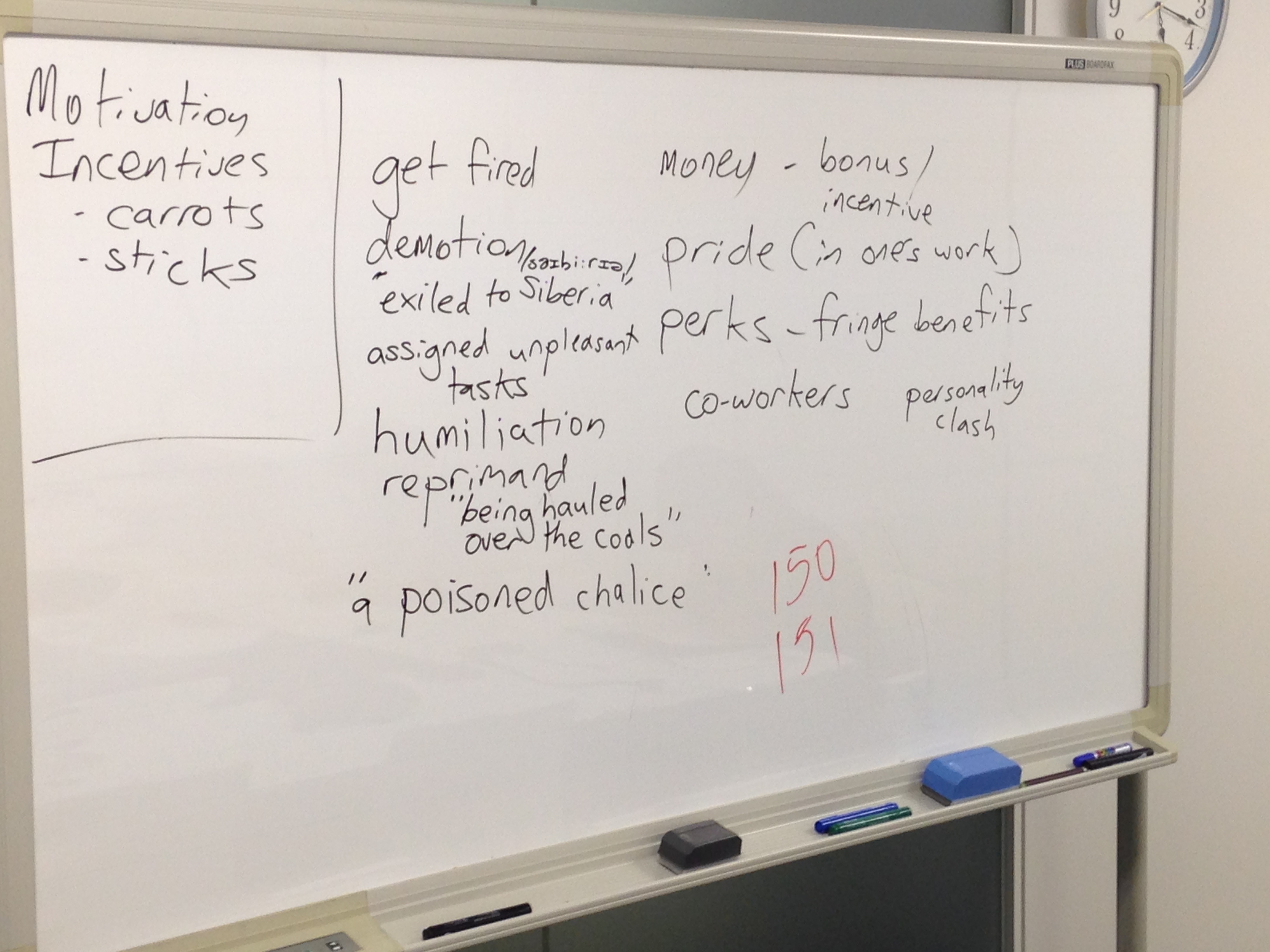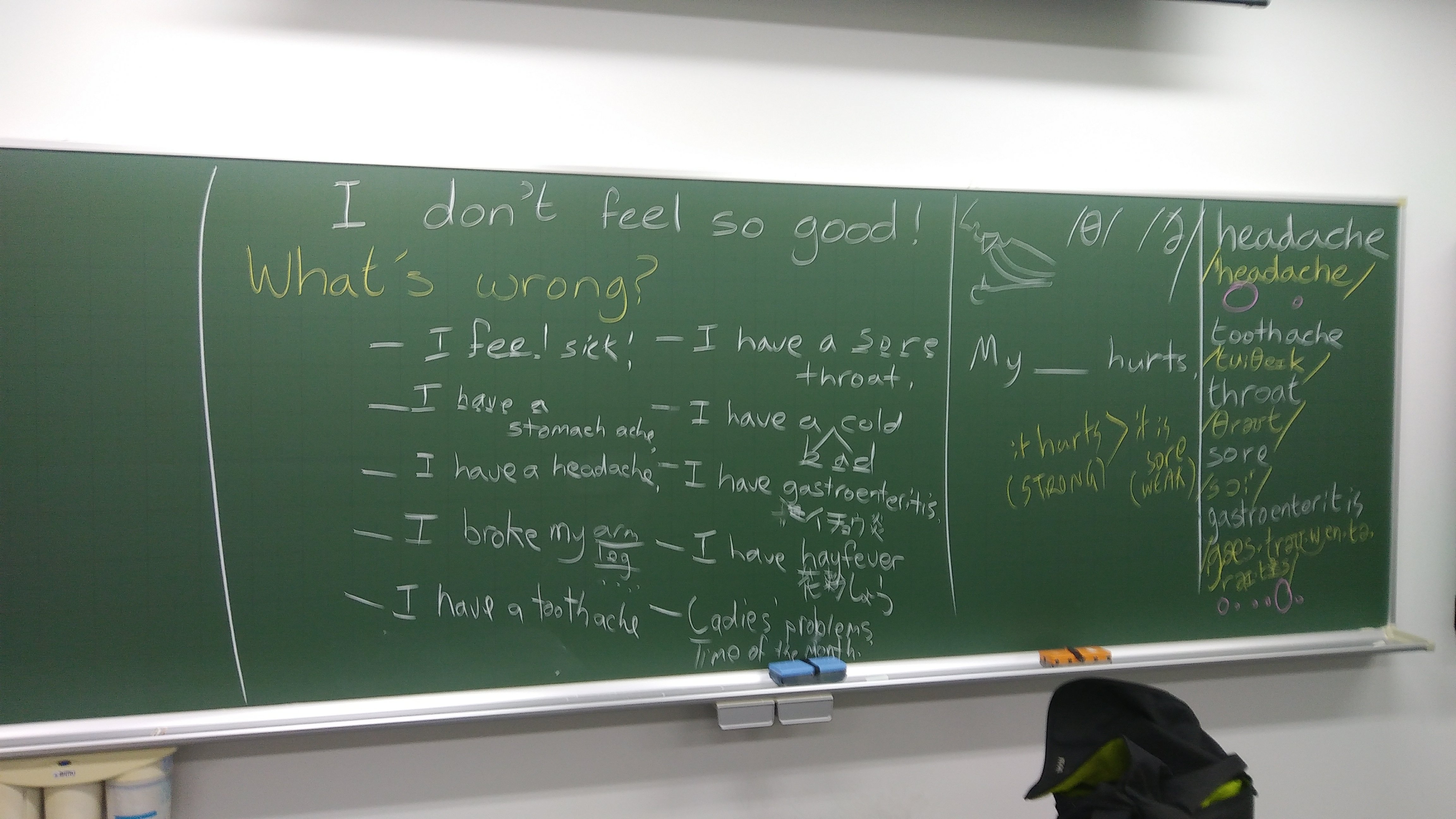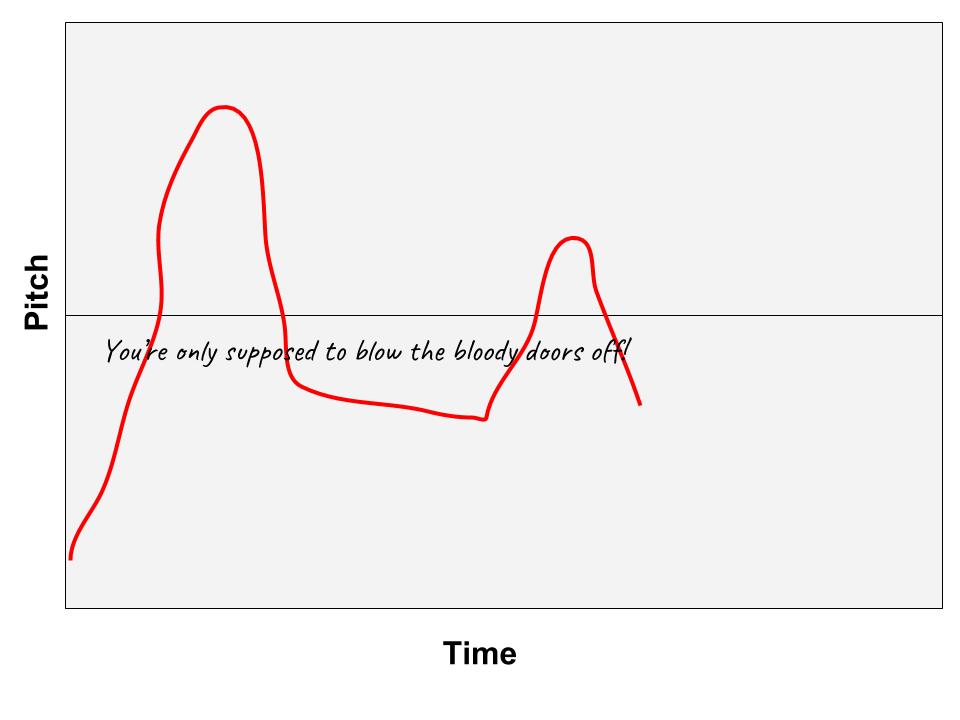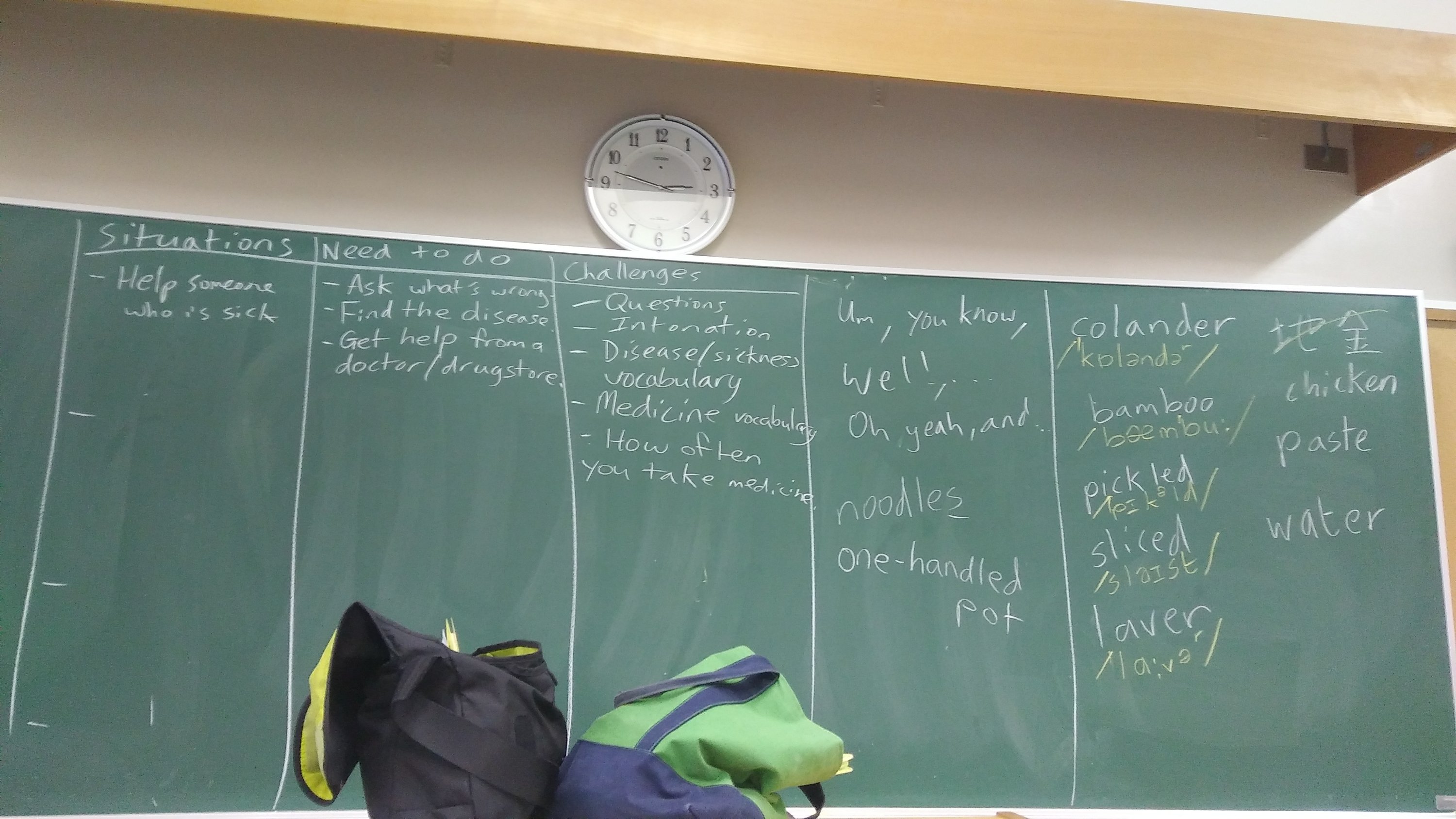
I’ve spent time agonizing over my own teaching. What went wrong, what went OK, what went disastrously? I’ve mulled over a concept in my head that I call performative teaching, and I am going to use it in this post.
One important thing to note is that I mean something entirely different to the definition in Naidu (2017), where it is described as:
“[Teacher and student] could co-enact in in quasi-theatrical fashion, any question or answer that might arise in class… Such a method invited the participation of students beyond merely listening and taking down notes. It also notionally and visibly shrank the class.” (Naidu, 2017: p. 462)
Instead I see it as a performance of teaching without the consideration of learning taking place. It may happen in classes where the teacher has planned activities for learners but a significant proportion of the learners do not engage with it. This lack of engagement may be due to amotivation (Ryan & Deci, 2017), an absence of motivation because of a lack of perceived ability to take part in or succeed at the activity or else a failure to see utility in the activity. Obviously this is far from ideal, but what is a teacher to do?
One option is to panic and teach anything, and this is what I mean by performative teaching. It is the teacher performing the art of teaching, but the art of teaching is much like the art of live music or theatre; the ‘audience’ or community of learners may be engaged in alternative activities at the same time, such as texting, having side conversations among others. Yet the show goes on. However, without students paying attention to what is being taught can the teacher even begin to imagine that anything is being learnt?
Of course the other option is to stop the ‘performance’. If the planned activity is not appropriate, or felt to be as such, if it is forced then not much is going to happen except for a bit of resentment and perhaps even some foreign language classroom anxiety (Horwitz et al, 1986). “Because complex and non-spontaneous mental operations are required in order to communicate at all, any performance in the L2 is likely to challenge an individual’s self-concept as a competent communicator and lead to reticence, self-consciousness, fear, or even panic.” (Horwitz et al, 1986: p. 128) Therefore, it would probably be best to not have the whole class and the teacher in a state of anxiety or panic. A brief acknowledgement that things are not quite going according to plan is fine because we are all human, after all. Think about what could be done.
If your classroom culture is one where there is an expectation of student-teacher exchange of opinions, you might even get students co-creating an activity with (or without) you. You don’t even need to ditch the plan that didn’t work because maybe it’s something that would work better on another day. If not, perhaps you have a particular activity that you use as an assessment task that you could instead use for formative assessment (see where students are at and what they should work toward next). It might also help you to see what students might not have felt ready for in the ditched activity.
However, as a devil’s advocate here, let’s imagine that you’ve kept going along in your state of panic with an activity that nobody is into. If you’re like me and you have a task followed by (or in tandem with) a focus on form (Long, 2014) you have either not much to focus on or way too much to focus on due to limited output. If you teach forms – grammar, vocabulary, functional language – first (and I know some people are mandated to) and that’s gone OK but the following activity has gone awry, you could pay lip service to it and think of a different situation with the same language use, or even a few sensible questions with the language point and turn it back on the learners. Maybe this works better, maybe it doesn’t. Can you try to see why and how this happened, though. Sometimes people go into a classroom unprepared for learning and it isn’t the end of the world and isn’t always the teacher’s fault. As a teacher, maybe it’s worth learning from the experience, because if you have to be dripping in nervous sweat and having a painful pit of anxiety in your stomach, you should get some benefit from it.
References
Horwitz, E. K., Horwitz, M. B. & Cope, J. (1986), Foreign Language Classroom Anxiety. The Modern Language Journal, 70: 125-132. doi:10.1111/j.1540-4781.1986.tb05256.x
Long, M. H. (2014) Second Language Acquisition & Task-Based Language Teaching. Wiley.
Naidu, M. (2014). Engaged Pedagogy and Performative Teaching: Examples from Teaching Practice. International Journal of Educational Sciences, 6(3), 459–468. doi:10.1080/09751122.2014.118901
Ryan, R. M., & Deci, E. L. (2017). Self-determination theory: Basic psychological needs in motivation, development, and wellness. Guilford Publications.






